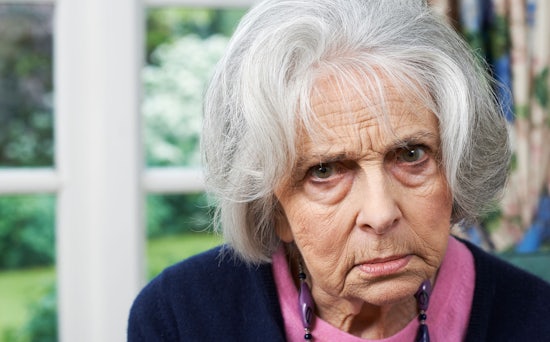DBMAS transition of services for national approach
Following a review of government-funded dementia services late last year, which found inefficiencies and called for consolation of services, a consortium will deliver the new national Dementia Behaviour Management Advisory Service (DBMAS) from 1 October 2016.

Assistant Minister for Health and Aged Care, Ken Wyatt, recently confirmed Dementia Support Australia (DSA) will operate the federally funded program for three years starting from 1 October. Until now, the service has been administered by different providers in each state and territory.
Headed up by HamondCare, DSA consists of a partnership between several leading specialists including Wintringham, Australian Regional & Remote Community Services (ARRCS), Blue Care and Aged Care Channel (ACC).
Minister Wyatt said HammondCare’s Dementia Support Australia consortium was selected after an open market process, including the engagement of clinical experts to assess applications.
National coverage, local specialisation and tailored services are stated as the features of DBMAS and the consortium also intends to build dementia capacity and knowledge across the sector through extensive sharing of advice and expertise.
HammondCare’s Chief Executive Dr Stephen Judd says HammondCare looked forward to working with its partners to deliver an effective, supportive national service, and he promises to provide a nationally consistent approach, strengthened by a visible local presence, offering a tailored service for the person with dementia.
“Australia has an outstanding national approach to dementia support which is the envy of other nations. We are privileged to be part of providing this support to people living with dementia, their families, carers and care staff,” Dr Judd says. “Our experience in running NSW DBMAS and the national Severe Behaviour Response Teams, along with the strength and experience of our partners, will enable DSA’s commitment to provide a DBMAS with a ‘boots on the ground’ approach.”
He also says a key ambition of the consortium is for skills, expertise and applied knowledge regarding ‘dementia behaviour’ to become widespread across the sector, and not just the attributes of a few.
UnitingCare Queensland Group Executive Regional and Remote Services, Michelle McKay, says she was delighted that Blue Care and ARRCS were partnering with DSA.
“As one of Australia’s leading residential aged care, community care and retirement living providers, Blue Care is uniquely positioned to significantly contribute to the Dementia Behaviour Management Advisory Service in Queensland,” she says.
Wintringham’s Acting Chief Executive Officer, Michael Deschepper, says: “We are eager to contribute our expertise in the care of people from backgrounds of disadvantage as part of this important national program.”
Under the consortium, DBMAS will continue to be free service supporting family and professional carers to better understand and respond to the individual behavioural and emotional changes for people living with dementia.
While the national 24/7 number will remain the same, 1800 699 799, the new email address for national referrals and communications will change to dsa@dementia.com.au and the new fax number is 1800 921 223.























